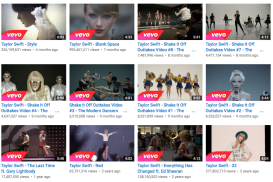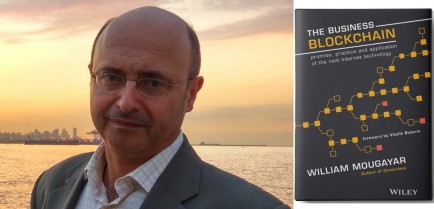Onli ne video network Yooya announced that it has now achieved over four billion lifetime views, with more than 2.75 billion added in the last seven months. The combination of an increasing number of distribution partners and a growing stream of compelling new content on the platform drove this astounding 25% month-on-month growth.
ne video network Yooya announced that it has now achieved over four billion lifetime views, with more than 2.75 billion added in the last seven months. The combination of an increasing number of distribution partners and a growing stream of compelling new content on the platform drove this astounding 25% month-on-month growth.
Yooya has been instrumental in helping content producers monetize China’s fragmented online video market by providing a single platform for content distribution, rights management, and advertising solutions. Yooya brings together many key components essential to the equation, including licensing at scale, automated ad sales, consolidated data & analytics, and dramatically simplified content distribution.


 Since the CRB has raised the per-stream rate, it has made it harder for Pandora to survive. Scaling for Pandora was anyway a double-edged sword, always requiring higher payments to rights holders. Initially, those right holders had agreed on easier rates to allow growth and, back then, the establishment of Pandora. But Internet radio is now well developed, and the majors are not as easy going. The collective licensing agreement with SoundExchange is practical for Pandora though unpalatable, and unless Pandora can offer other services for a discount, such as the promotion of new releases, little will change.
Since the CRB has raised the per-stream rate, it has made it harder for Pandora to survive. Scaling for Pandora was anyway a double-edged sword, always requiring higher payments to rights holders. Initially, those right holders had agreed on easier rates to allow growth and, back then, the establishment of Pandora. But Internet radio is now well developed, and the majors are not as easy going. The collective licensing agreement with SoundExchange is practical for Pandora though unpalatable, and unless Pandora can offer other services for a discount, such as the promotion of new releases, little will change.


 Today – in America and globally – the multi-billion-dollar music industry is mired in a Rubik’s Cube of rights administration and royalty payment systems. The current massive multiplayer infrastructure does not serve songwriters, record companies, digital services or consumers.
Today – in America and globally – the multi-billion-dollar music industry is mired in a Rubik’s Cube of rights administration and royalty payment systems. The current massive multiplayer infrastructure does not serve songwriters, record companies, digital services or consumers.

 Ashcroft was keen to talk up the significance of PRS for Music’s investments in back-end technology, from its core systems in the UK to its European joint venture with German and Swedish peers GEMA and STIM. PRS says the number of music ‘uses’ it processed rose from 975bn in 2014 to over 2tn (trillion) in 2015 – a reflection of the deluge of streaming data.
Ashcroft was keen to talk up the significance of PRS for Music’s investments in back-end technology, from its core systems in the UK to its European joint venture with German and Swedish peers GEMA and STIM. PRS says the number of music ‘uses’ it processed rose from 975bn in 2014 to over 2tn (trillion) in 2015 – a reflection of the deluge of streaming data.